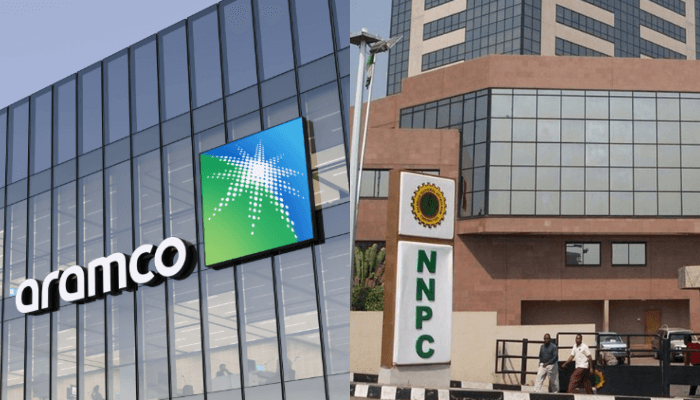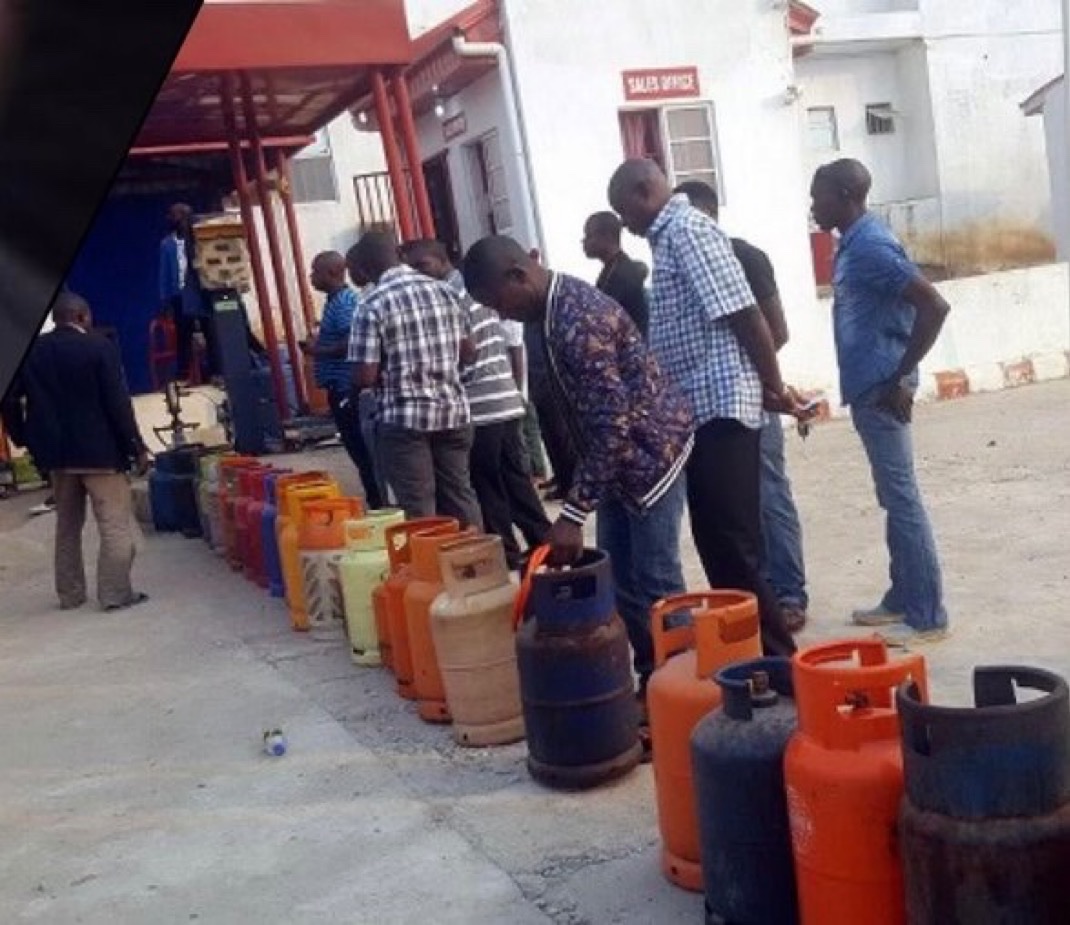Saudi Arabia’s state-owned oil giant, Saudi Aramco, has once again taken the global energy market by surprise after announcing a massive $21 billion dividend payout to its shareholders. The announcement, which follows a strong profit record in its recent quarterly earnings, has intensified public scrutiny on Nigeria’s own national oil company, NNPC Limited, especially regarding its lack of dividend remittances to the Federal Government despite reported revenue inflows.
The comparison between the two state oil corporations has sparked widespread debate on performance efficiency, transparency, governance structure, and revenue accountability, bringing Nigeria’s oil sector — a key pillar of the economy — back to the center of national discussion.
Aramco’s Strong Performance in the Global Oil Market
Saudi Aramco continues to be recognized as the world’s most profitable energy company, maintaining strong production output, efficient operations, and a strategic dividend policy that consistently delivers value to shareholders. While global energy markets have seen periods of volatility over the past few years, Aramco has leveraged favorable market dynamics through:
- High structural operational efficiency
- Strong integrated upstream and downstream infrastructure
- Consistent investment in oil exploration and refining technologies
- A stable regulatory and business environment
The $21 billion dividend payout is part of the company’s ongoing quarterly distributions, which are backed by sustained profits and long-term financial planning. This has reinforced Aramco’s image as a well-governed and investor-focused national oil company.
NNPC Under Spotlight as Nigeria Awaits Dividend Remittances
In contrast, Nigeria’s NNPC Limited, which underwent historic restructuring to operate as a commercial venture, has not remitted any dividend to the Federal Government in the first eight months of the year. This is despite earning over ₦1 trillion in revenue during the same period.
The situation has raised concerns among economists, financial analysts, and policy stakeholders, particularly because Nigeria relies heavily on oil revenues to fund public services, infrastructure, and government expenditures. The lack of remitted dividends leaves questions about:
- How revenue generated is being utilized
- Operational cost efficiency
- Profitability and business sustainability
- Fiscal responsibility to the Nigerian public
Critics argue that if NNPC is now structured as a profit-driven limited liability company, its financial performance should be more transparent, measurable, and directly beneficial to the government as the primary shareholder.
Comparing Governance and Corporate Structure
A major difference between Aramco and NNPC lies in their governance frameworks. While both are state-owned enterprises, their models diverge significantly:
| Aspect | Saudi Aramco | NNPC Limited |
|---|---|---|
| Ownership Structure | Majority government-owned with shares traded publicly | Fully government-owned |
| Dividend Policy | Clear, structured, and announced quarterly | Unclear and inconsistent |
| Operational Efficiency | High, globally benchmarked | Frequently affected by inefficiencies and leakages |
| Public Accountability | Regular financial disclosures | Limited transparency in reporting and spending |
Economists suggest that without transparent audit systems, cost control mechanisms, and competitive operational models, NNPC’s commercial transformation may struggle to deliver expected value to Nigeria’s economy.
Economic Implications for Nigeria
Nigeria is currently facing various fiscal challenges, including:
- Revenue shortfalls
- Rising public debt obligations
- Pressure to fund national budgetary commitments
- Currency instability and inflationary trends
In this context, the absence of oil dividend remittances becomes particularly significant. The government has frequently emphasised the importance of optimising oil revenue to stabilise the national economy. For many observers, ensuring NNPC operates efficiently and transparently is essential to improving Nigeria’s financial position.
Calls for Reform and Greater Accountability
Industry analysts and civil society groups are urging:
- Full disclosure of NNPC’s financial statements
- Independent auditing of operational costs and revenue flows
- Clear dividend policy guidelines aligned with commercial expectations
- Stronger regulatory oversight to reduce leakages and inefficiency
They insist that Nigerians deserve to benefit directly from the country’s natural resources, and the national oil company must reflect this responsibility.



